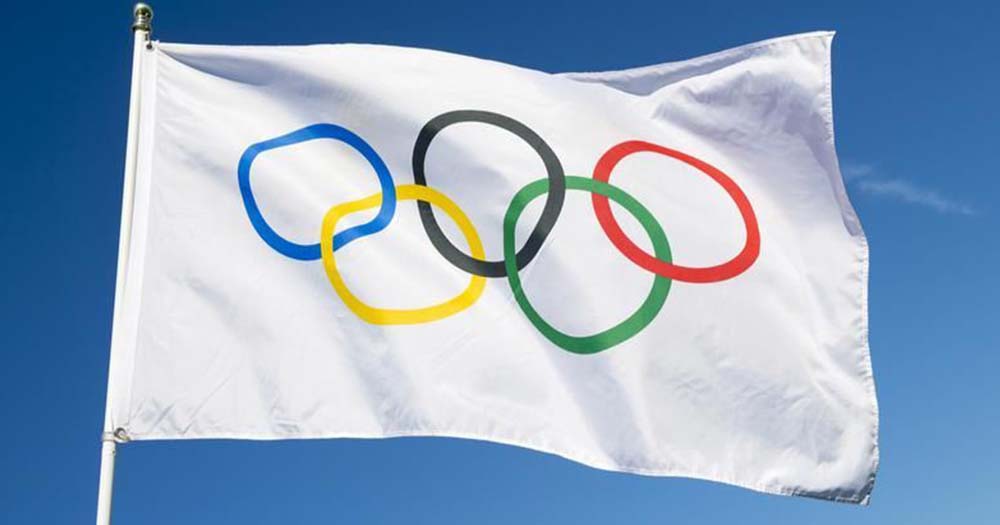The International Olympic Committee (IOC) has shared an update to its policy on trans athletes which advises that individual sporting bodies should listen to scientific research, medical expertise, and human rights advocates to make decisions that are inclusive for all.
The update published in the British Journal of Sports Medicine is in response to a previous IOC statement that suggested there should be no presumption that trans women have an automatic advantage in sports when competing against cisgender women.
Since March 2022, the IOC has allowed each sport to determine its own policies regarding trans athletes, and this is not changing.
Regarding the decision to let individual sports develop their own policies, IOC spokesperson Mark Adams has said that it was a divisive situation, “…So we accept there will be criticism, that’s inevitable I’m afraid. But we will do our best to balance fairness and inclusivity.”
While the new guidelines are intended to make the Olympics more inclusive, the IOC recognises that some sports organisations may choose to limit eligibility criteria for sex-segregated competition in some cases to “maintain a fair and proportionate distribution of competitive advantages” among elite athletes.
In November 2021, the IOC announced that it would remove both the testosterone level requirement and any invasive physical examinations under new guidelines titled ‘Framework on Fairness, Inclusion and Non-Discrimination on the Basis of Gender Identity and Sex Variations’.
Prior to that change, the IOC had established testosterone limits for female athletes, and both trans and cisgender women were disqualified from competing based on their testosterone levels. After consulting athletes, the IOC determined the policy was invasive since it essentially required female athletes to “prove” their gender.
The 2020 Tokyo Olympic games were the first where openly trans and non-binary athletes were participating. Competitors included New Zealand weightlifter, Laurel Hubbard, and Canadian footballer, Quinn, who won a gold medal in the 2020 women’s football final. Quinn also won a bronze medal with Team Canada in Rio in 2016 before they came out.
While Hubbard received support from New Zealand’s government and many of her competitors, she experienced deadnaming from the press, and much of the reporting was negative and lacked trans voices.
© 2022 GCN (Gay Community News). All rights reserved.
Support GCN
GCN is a free, vital resource for Ireland’s LGBTQ+ community since 1988.
GCN is a trading name of National LGBT Federation CLG, a registered charity - Charity Number: 20034580.
GCN relies on the generous support of the community and allies to sustain the crucial work that we do. Producing GCN is costly, and, in an industry which has been hugely impacted by rising costs, we need your support to help sustain and grow this vital resource.
Supporting GCN for as little as €1.99 per month will help us continue our work as Ireland’s free, independent LGBTQ+ media.
